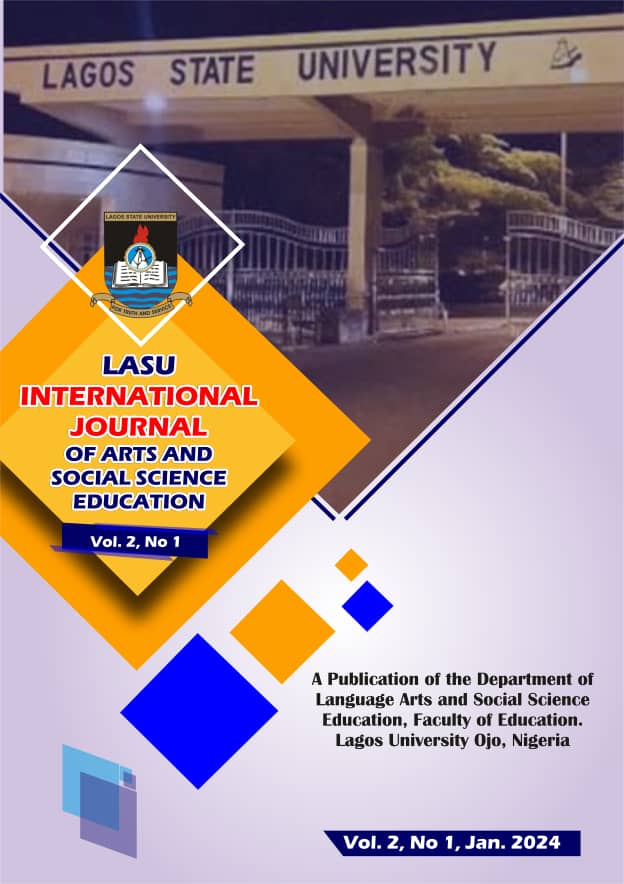PRINCIPALS’ INSTRUCTIONAL LEADERSHIP AS PREDICTOR OF TEACHERS’ AUTONOMOUS BEHAVIOUR IN PUBLIC SENIOR SECONDARY SCHOOL IN OGUN STATE, NIGERIA
This study investigates the role of principals’ instructional leadership as a predictor of teachers’ autonomous behaviour in public senior secondary schools in Ogun State, Nigeria. Instructional leadership, characterised by practices such as goal-setting, teacher supervision, and professional development, is critical in shaping the work environment and fostering teachers' independence. The study adopts a descriptive survey research design, involving a sample of principals and teachers selected from public senior secondary schools across Ogun State. Data were collected using structured questionnaires measuring principals' instructional leadership practices and teachers' autonomous behaviour in areas such as decision-making, curriculum delivery, and classroom management. The findings reveal a significant positive relationship between principals’ instructional leadership and teachers' autonomy, indicating that effective instructional leadership practices enhance teachers’ ability to make independent decisions, innovate in teaching methodologies, and take ownership of their professional responsibilities. The study also highlights specific leadership behaviours, such as providing instructional support and fostering collaboration, as key contributors to promoting teacher autonomy. Based on the findings, it is recommended that education stakeholders provide targeted training for principals to enhance their instructional leadership capacity and create an enabling environment for teachers’ professional growth and autonomy. This research underscores the importance of instructional leadership in improving teacher effectiveness and overall school performance.









